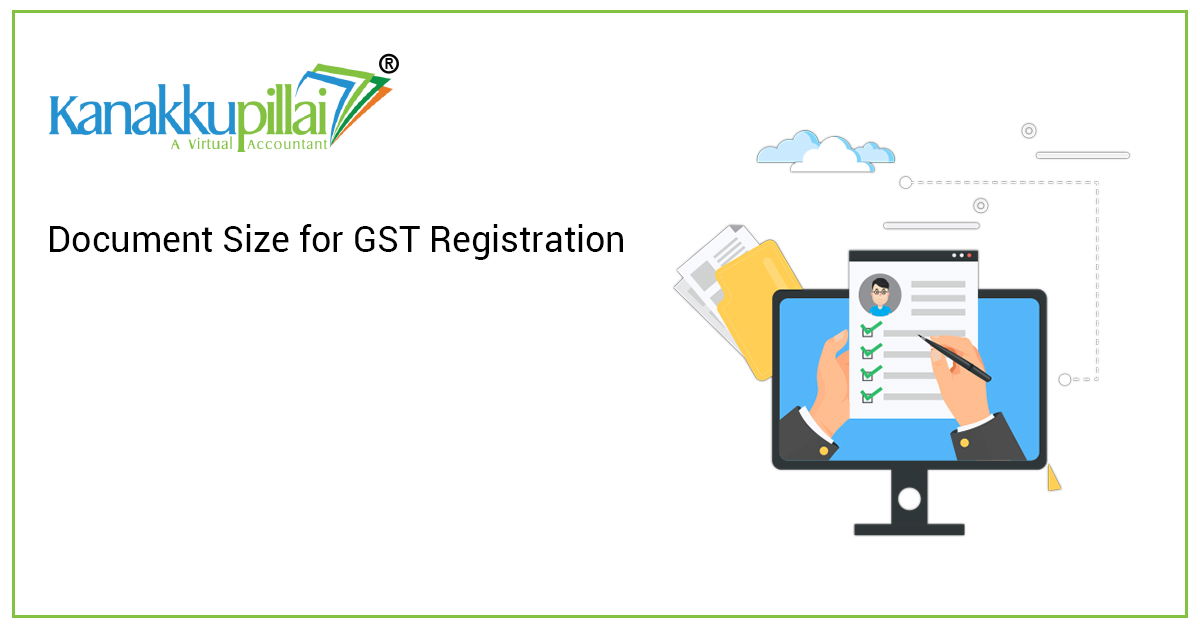Businesses, which are registered under the Goods and Services Tax (GST) in India, that have their premises on rented or shared premises, should produce evidence of authorisation to use that address as their main business premises. This is where the Consent Letter of GST Registration is presented. It serves as an announcement by the property owner, and it allows the applicant to utilise the premises for GST purposes.
What is a Consent Letter of GST Registration?
A Consent Letter for GST registration is a written document signed by the property owner, granting the tenant, business, or applicant permission to use the property for business purposes and to register the property for GST. When they do not own the premises, they have to take them on rent, lease, or even use them without a formal agreement.
This letter is regarded as legal evidence that the business is in operation at the said premises and with the consent of the owner at the said premises, which would make sure that there is no argument over the use of the property.
When is a Consent Letter Necessary?
A consent letter is required under the following scenarios:
- In situations where the business premises are rented, but there is no registered rent agreement.
- In case of sharing the premises with another business or a family member.
- In cases where the business is running out of the house.
- In cases where the business is run on premises owned by friends or family members.
Significance of a Consent Letter for GST Registration
A consent letter is crucial during GST registration, as it confirms that the applicant is entitled to use the premises. In the absence of this document, the GST registration application may be denied due to a lack of address proof or authorisation regarding ownership.
Consent letter is a supportive letter to the principal place of business and should be obtained with the ownership evidence of the property owner in the form of an electricity bill, property tax receipt or a copy of the registry.
Elements of a Consent Letter of GST Registration
An acceptable consent letter should contain the following:
- Information on the Property Owner: Name, address and signature of the owner or landlord that is giving the consent.
- Company/Business details of the Applicant: Details of the applicant, business name (where applicable) and GST applications.
- Address of the Premises: The specific address of the premises under which business and GST registration are to be conducted.
- Declaration of Consent: An unmistakable pronouncement stating that the proprietor does not object to the candidate utilising the premises as a business and GST place.
- Supporting Documents: Documents of ownership, like electricity bills, property tax bills or registry documents, to prove that the owner has a right to the property.
Sample Format – Consent Letter of GST Registration
To,
The GST Officer,
[Jurisdiction Address]
Subject: Consent Letter For GST Registration.
I, [Name], being the owner of the property on [Full Address], hereby give my consent to [Name/Business Name] of the said premises to use said premises as the main site to conduct [purpose of GST registration].
I do not object to the use of this property for the said purpose.
Thanking you,
Yours faithfully,
[Owner’s Signature]
[Owner’s Name]
[Address]
[Contact Number]
Date: [DD/MM/YYYY]
Documents to Be Attached with Consent Letter
At the time of filing the consent letter, the applicant is also required to attach:
- Ownership evidence (Electricity bill, property tax receipt or property papers).
- Proof of address and identity of the owner of the property.
- Rent agreement (if available).
- A recent utility bill with the address of the premises.
How to Submit a Consent Letter for GST Registration?
It is a straightforward procedure and is followed online when registering for GST:
- Visit the official portal of GST at www.gst.gov.in
- Begin the registration of GST by filling in Form GST REG-01.
- Scan and place all required documents, such as the consent letter and ownership evidence.
- After submission, the GST department will check the documents and allot a GSTIN if the check is successful.
Common Mistakes to Avoid While Drafting a Consent Letter
Minor errors in the consent letter delay or reject many GST applications. To avoid such issues:
- Make sure the property address matches the proof documents.
- The owner’s name should match the one on the ownership evidence.
- The purpose of obtaining the GST registration should be identified in the consent declaration.
- The letter should have a signature and a date.
Conclusion
The Consent Letter of GST Registration is an essential document for an applicant who does not own the business premises. It provides a hassle-free registration procedure and helps establish the legality of the business location. It is possible to save time and avoid applications being rejected by preparing a well-written consent letter with ownership evidence, whether starting a new business or expanding the operation.
With knowledge of its format, purpose, and documentation requirements, applicants can complete their GST registration efficiently and ensure complete compliance with GST laws in India.
Frequently Asked Questions
1. Is a consent letter a requisite for GST registration?
Yes, when the business premises are rented, shared, or not owned by the applicant, then it is mandatory.
2. Who is to sign the consent letter?
The consent letter should be signed by the property owner or the landlord who allows the use of the premises.
3. Is it possible to accept a handwritten letter of consent?
Yes, a written or typed letter of consent is valid provided it is signed by the owner.
4. What will be included with the consent letter?
The documents of ownership, such as a bill of electricity or a receipt for property tax.
5. Can a Relative provide a consent Letter?
Yes, a valid consent letter can be issued by relatives/friends who own the property.





